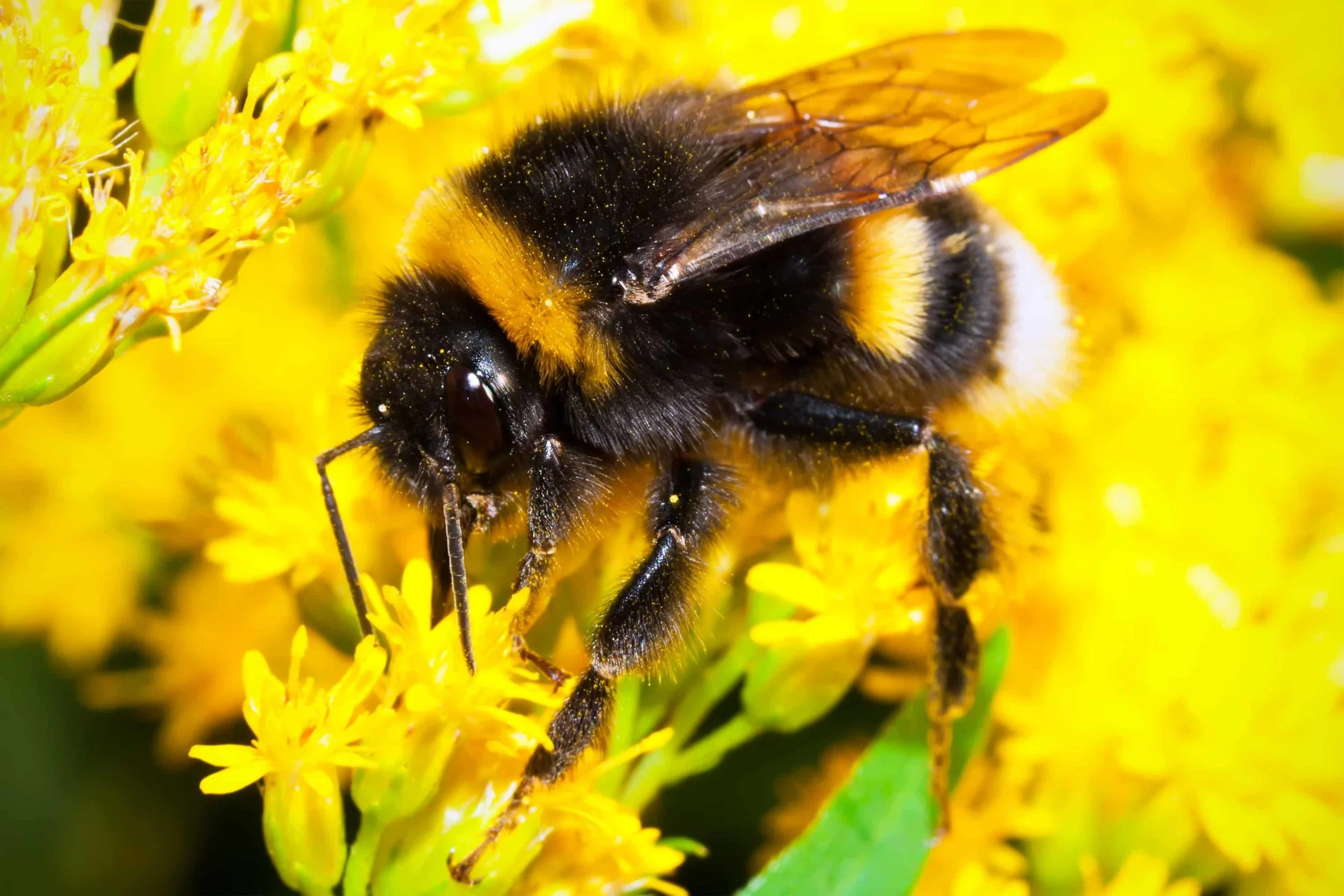Bumble Bees Don't Generate Big Buzz and Their Numbers Are Also In Steep Decline
/Environmentalists and concerned citizens are very attuned to the plight of bees, and specifically honey bees, considered to be most vital for pollination. The bumble bees' longer tongue and wing vibrating tendencies make them more efficient pollinators for some plant species.
Bumble bees can forage in cool, unfavorable weather better than other bees, making them a focus of study among scientists at Michigan State University. Researchers studied the current population of Michigan bumble bees while extracting data from museum specimens collected as far back as the 1880s.
Blueberries are MIchigan’s leading fruit crop. Science Daily writes: “To extract the pollen necessary for fertilization, the blossom needs to be shaken vigorously, and bumble bees are expert at vibrating the flowers to shake out the pollen.”
"In Michigan, there are 19 species of bumble bees and around 445 species of other bees," said Wood, who led the study in the lab of Rufus Isaacs, MSU entomologist. "Many of Michigan's key crops depend on them. In fact, about 50 percent of cherry pollination is carried out by wild bees."
Wood's team scoured the state of Michigan and compared the distribution of 12 different bumble bee species across the state's 83 counties before and after the year 2000. Some of the biggest declines include:
Rusty patched bumble bee -- 100%
American bumble bee -- 98%
Yellow banded bumble bee -- 71%
Yellow bumble bee -- 65%
The findings hold lessons for other regions around the globe, and some of them are positive. A couple of success stories include the common eastern bumble bee and the brown belted bumble bee, which increased by 31% and 10%, respectively.
By sampling pollen on aged bee specimens in museums, scientists determined that the greatest declines in bumble species came from those that had a narrow range of plants they visit for pollen. The picky eaters bumble bees weren’t able to adapt seasonally and also due to loss of prairies over the last century. Pesticides aren’t mentioned in the research summary.































